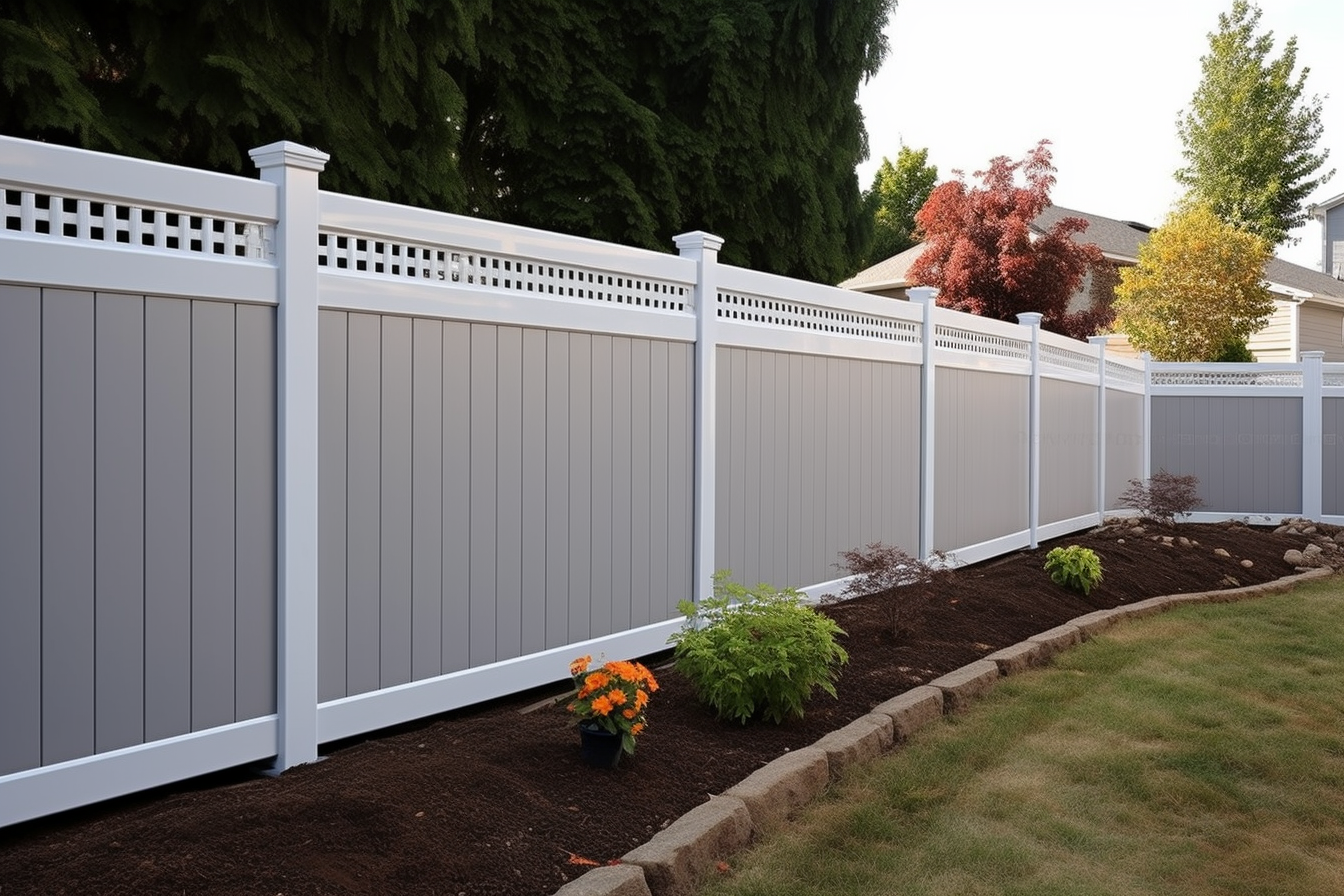Effective Weed Removal Techniques for a Pristine Garden
Maintaining a beautiful garden free from unwanted weeds is a common challenge for gardeners in the United Kingdom. Weeds can quickly overtake your carefully cultivated plants, robbing them of essential nutrients and sunlight. This article explores various effective methods to remove weeds from your garden, manage lawn weeds, and keep your outdoor spaces looking their best.

What are the most effective ways to remove weeds from your garden?
Removing weeds from your garden requires a combination of techniques for optimal results. One of the most effective methods is hand-pulling, especially for small areas or when dealing with deep-rooted weeds. Ensure you remove the entire root system to prevent regrowth. For larger areas, using a hoe or garden fork can help loosen the soil and make weed removal easier.
Another effective approach is mulching. Apply a thick layer of organic mulch around your plants to suppress weed growth and prevent sunlight from reaching weed seeds. Materials like bark chips, straw, or compost work well for this purpose. Additionally, consider using landscape fabric in areas prone to persistent weed growth.
How can you manage weeds in the lawn for a healthy yard?
Maintaining a weed-free lawn starts with proper lawn care practices. Regular mowing at the correct height for your grass type helps prevent weed seeds from taking hold. Keep your grass at a slightly higher length to shade the soil and discourage weed growth.
Overseeding bare patches in your lawn can also help crowd out weeds. Choose grass seed varieties that are well-suited to your local climate and soil conditions. Proper fertilisation and watering practices will encourage strong grass growth, making it harder for weeds to establish themselves.
For stubborn lawn weeds, spot-treating with herbicides can be effective. Choose products specifically designed for lawn use and follow the instructions carefully to avoid damaging your grass.
What are some safe and efficient methods to kill weeds?
When it comes to killing weeds safely and efficiently, several options are available. Boiling water is a simple and eco-friendly method that works well for weeds in patio cracks or along garden edges. Pour the water directly onto the weed’s crown to effectively kill it.
Flame weeding is another efficient technique, especially for areas with gravel or along fence lines. Use a propane torch to apply heat to the weeds, causing their cell structures to burst. Exercise caution and follow safety guidelines when using this method.
For a more targeted approach, consider using herbicidal soaps or fatty acid-based weed killers. These products break down quickly in the environment and are less harmful to beneficial insects and soil microorganisms.
What are the pros and cons of using vinegar as a natural weed killer?
Vinegar has gained popularity as a natural weed killer due to its accessibility and eco-friendly nature. The acetic acid in vinegar effectively desiccates plant leaves, causing them to die. It works best on young, annual weeds with shallow root systems.
Pros of using vinegar include its low cost, availability, and safety for humans and pets. It’s also biodegradable and doesn’t leave harmful residues in the soil. However, there are some drawbacks to consider. Vinegar is non-selective, meaning it can harm desirable plants if not applied carefully. It may also be less effective on perennial weeds with deep root systems, often requiring multiple applications.
How can you permanently remove weeds between paving stones?
Removing weeds between paving stones can be challenging, but several methods can help achieve long-lasting results. One effective technique is to use a paving knife or wire brush to scrape out weeds and their roots from the joints. Follow this by applying a weed-preventive sealant to the gaps, which will inhibit future weed growth.
For a more permanent solution, consider re-pointing your paving stones. Remove the old mortar and weeds, then refill the gaps with a polymer sand or mortar mix. This not only prevents weed growth but also stabilises the paving stones.
What are some unique weed control methods used in the UK?
In the United Kingdom, gardeners have adopted some innovative approaches to weed control. One interesting method gaining popularity is the use of cover crops in vegetable gardens during the off-season. Plants like clover or winter rye are sown to outcompete weeds and improve soil health.
Another unique approach is the implementation of grazing animals for weed control in larger areas. Some local councils have experimented with using sheep or goats to manage weeds in public spaces, providing an eco-friendly alternative to chemical herbicides.
| Weed Control Method | Suitable For | Estimated Cost (£) |
|---|---|---|
| Hand Tools (Hoe, Fork) | Small to medium gardens | 10 - 50 |
| Mulch (per m²) | Flower beds, vegetable gardens | 5 - 15 |
| Herbicide (1L concentrate) | Lawns, large areas | 20 - 60 |
| Vinegar (5L) | Patios, driveways | 5 - 10 |
| Flame Weeder | Gravel areas, paths | 30 - 100 |
| Polymer Sand (20kg) | Paving stone joints | 25 - 40 |
Prices, rates, or cost estimates mentioned in this article are based on the latest available information but may change over time. Independent research is advised before making financial decisions.
In conclusion, effective weed removal requires a combination of techniques tailored to your specific garden needs. From manual removal and natural solutions to more permanent methods for paved areas, there are numerous options available to UK gardeners. By implementing these strategies and staying consistent with your weed management efforts, you can maintain a beautiful, weed-free garden that thrives throughout the seasons.




